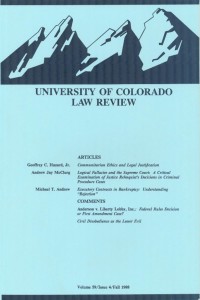 Andrew Jay McClurg, Logical Fallacies and the Supreme Court: A Critical Examination of Justice Rehnquist’s Decisions in Criminal Procedure Cases, 59 University of Colorado Law Review 741-844 (1988).
Andrew Jay McClurg, Logical Fallacies and the Supreme Court: A Critical Examination of Justice Rehnquist’s Decisions in Criminal Procedure Cases, 59 University of Colorado Law Review 741-844 (1988).
Using former U.S. Supreme Court Chief Justice William H. Rehnquist’s opinions in criminal procedures cases as a contextual showcase, the author explores the nature and extent to which even U.S. Supreme Court justices, members of the world’s most powerful tribunal, resort to regularly employing rhetorical tricks and otherwise logically fallacious reasoning in their opinion-writing.
A logical fallacy is a type of incorrect argument, and the study of fallacies is a sub-species of logic. A fallacious argument is one that appears to be correct and which may be very persuasive, but which proves on closer examination to be logically invalid. Examples range from the familiar (e.g., begging the question, straw man arguments) to the esoteric (e.g., ignoratio elenchi, undistributed middle term).
This article, which has been assigned as required reading at national judicial conferences, examines more than twenty categories of both formal and informal logical fallacies and applies them to Justice Rehnquist’s criminal procedure opinions as concrete examples of how “crooked thinking” permeates persuasive writing even at its highest level of sophistication.


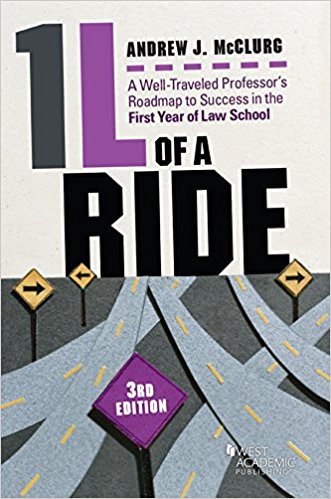
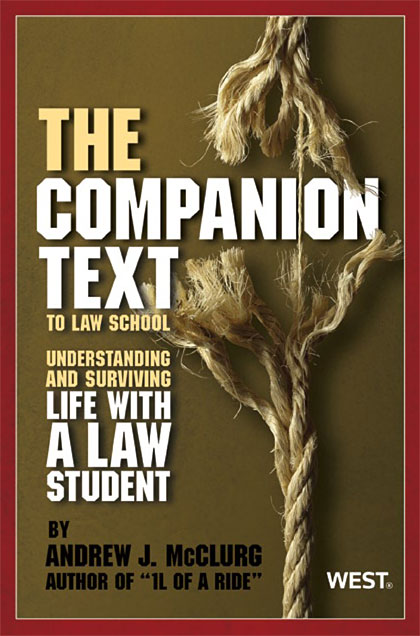




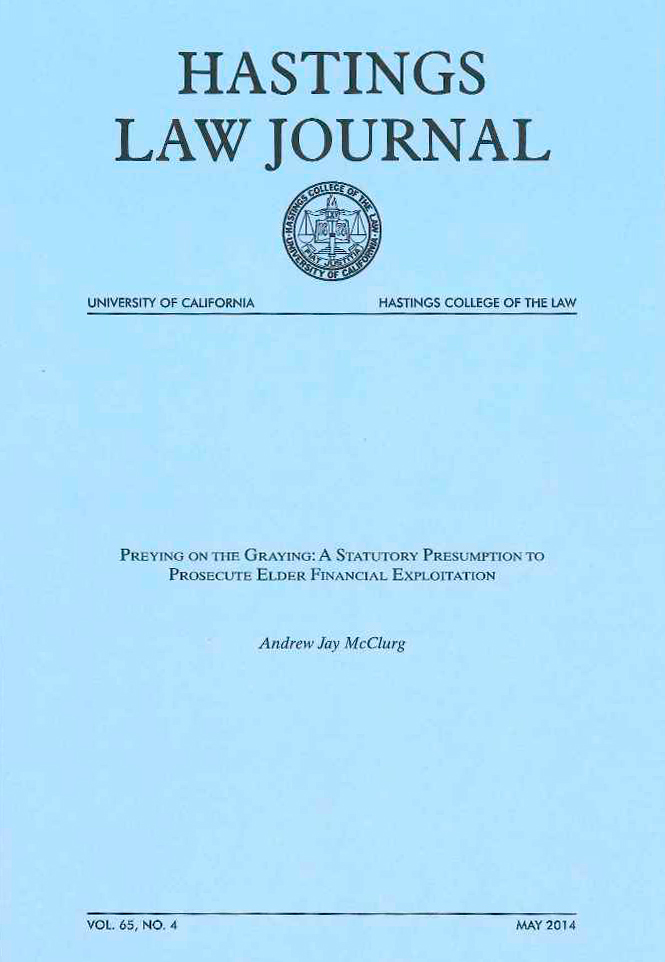
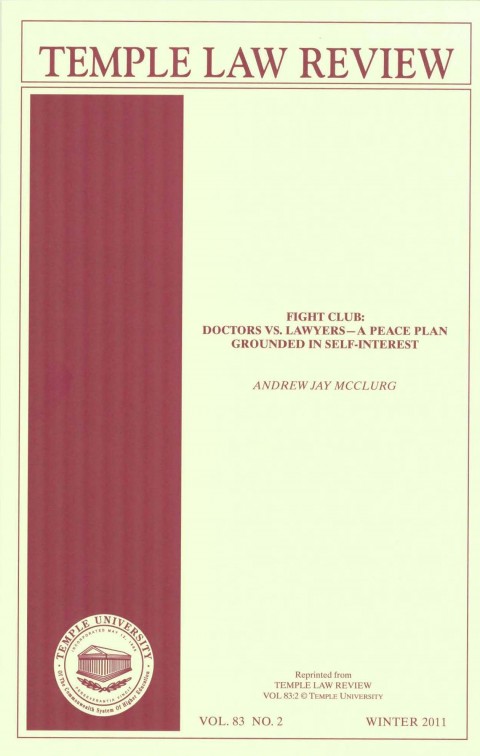
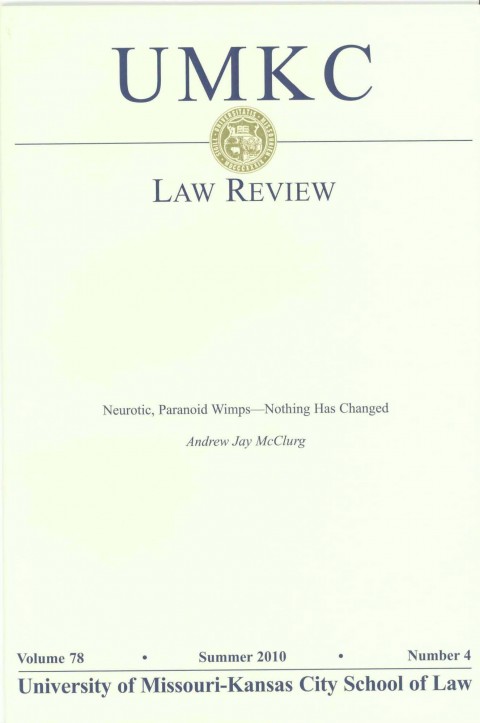
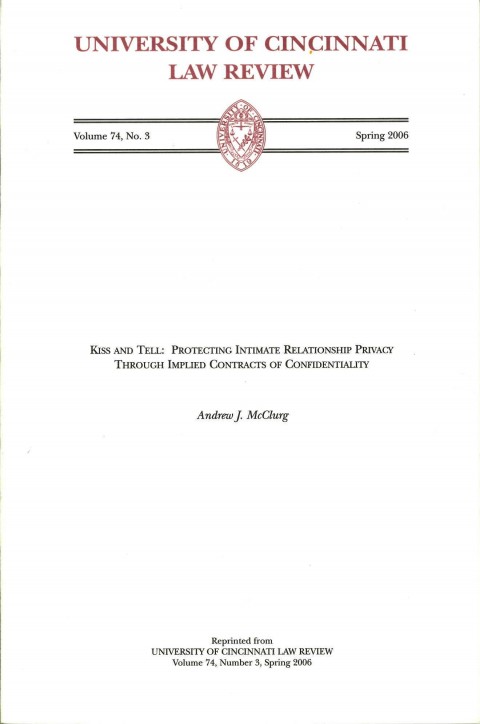
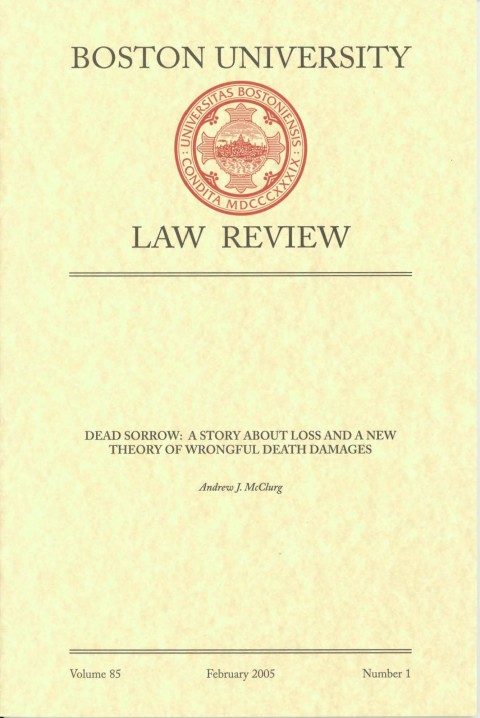
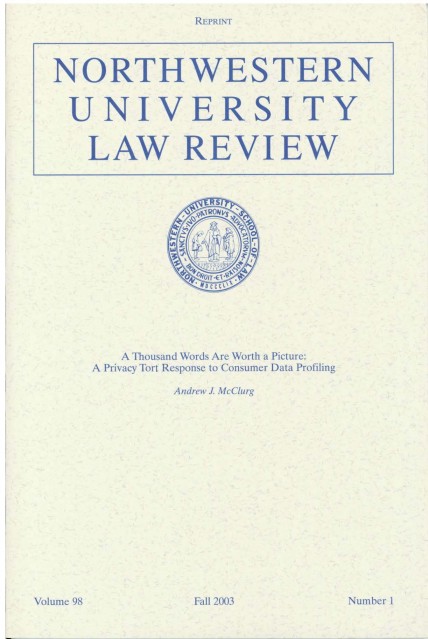
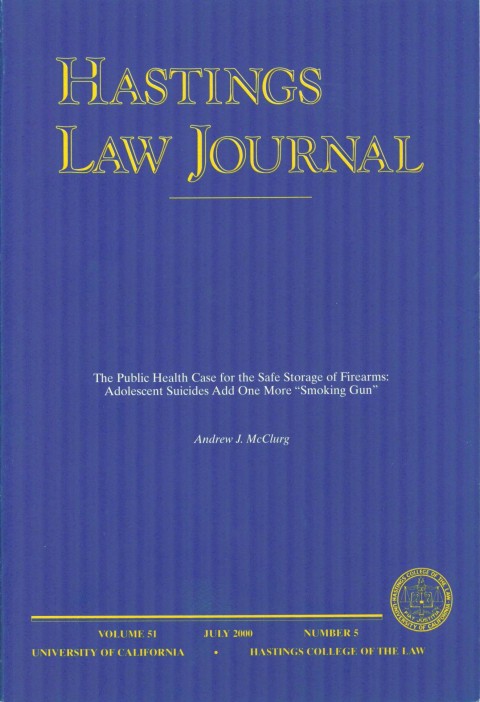
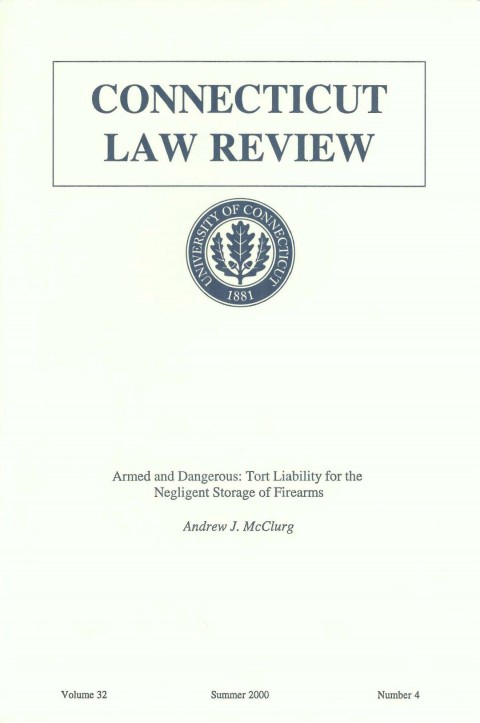
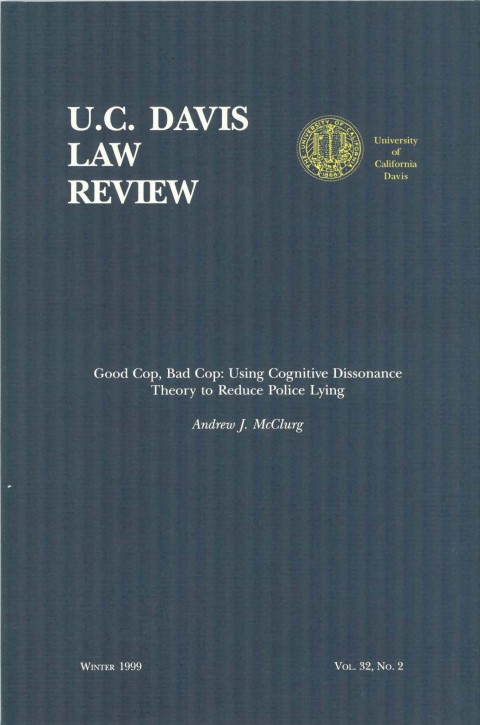
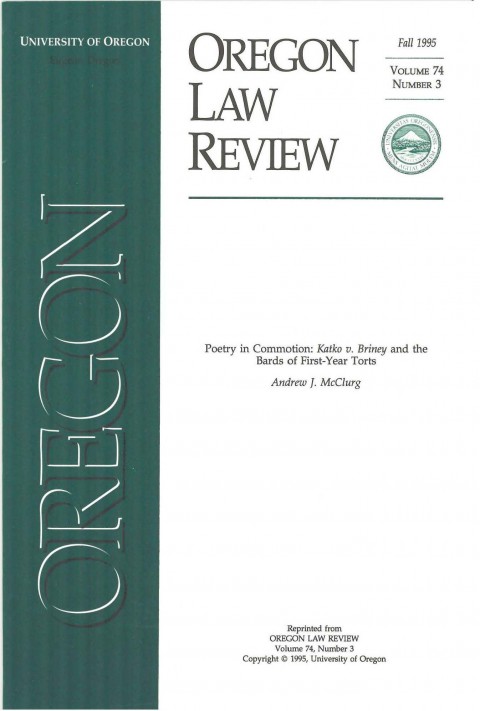
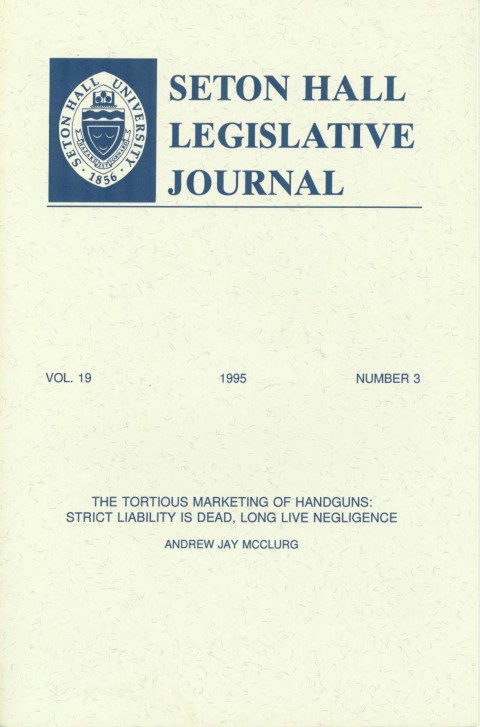
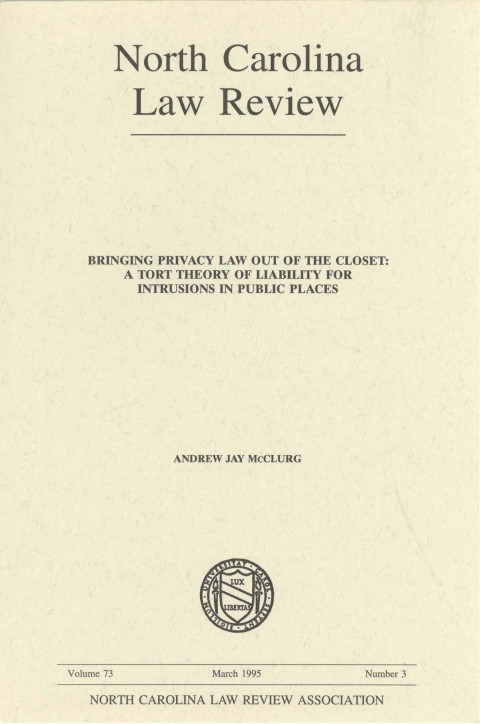
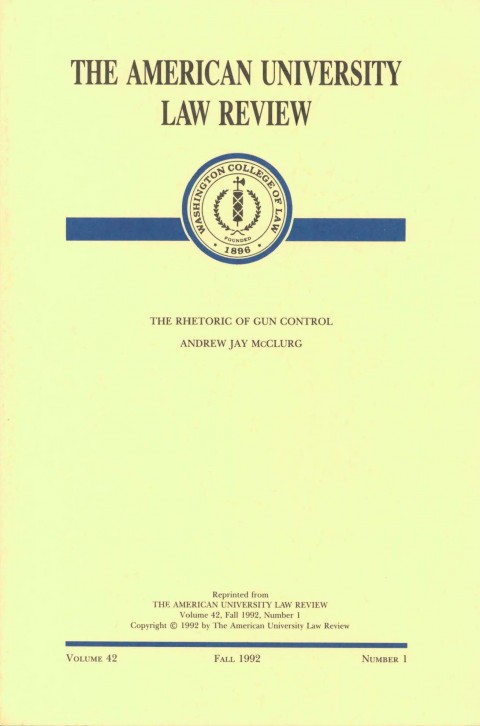
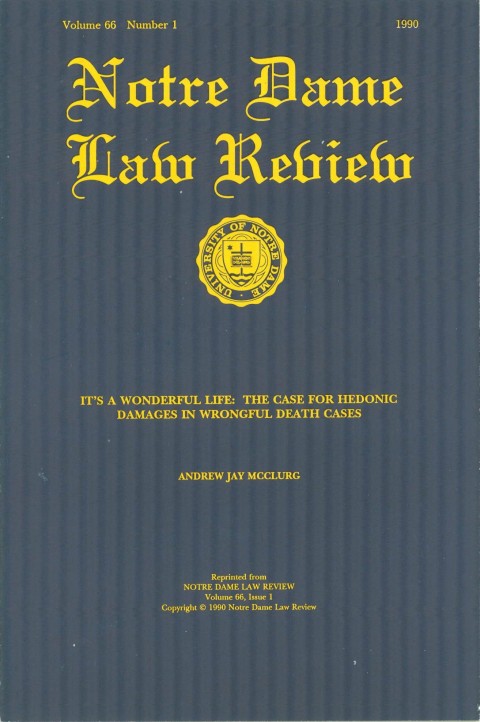
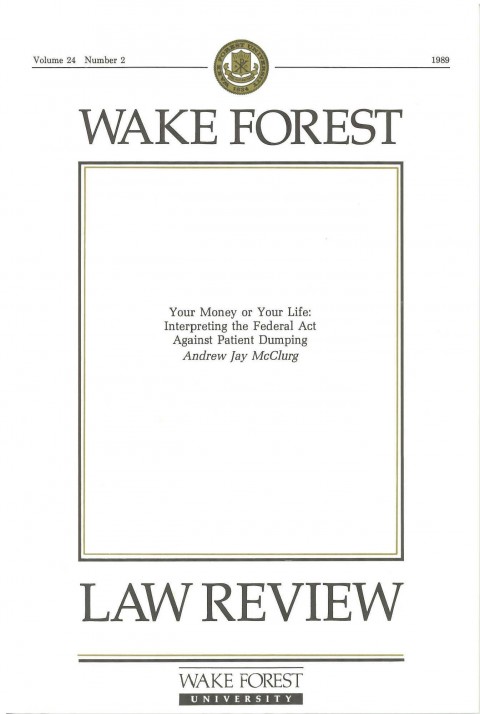
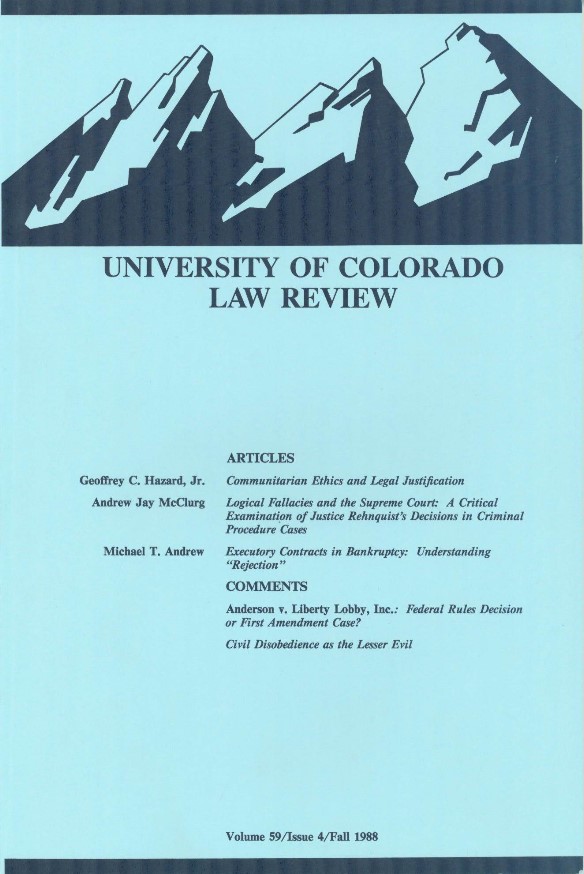

Leave a Reply